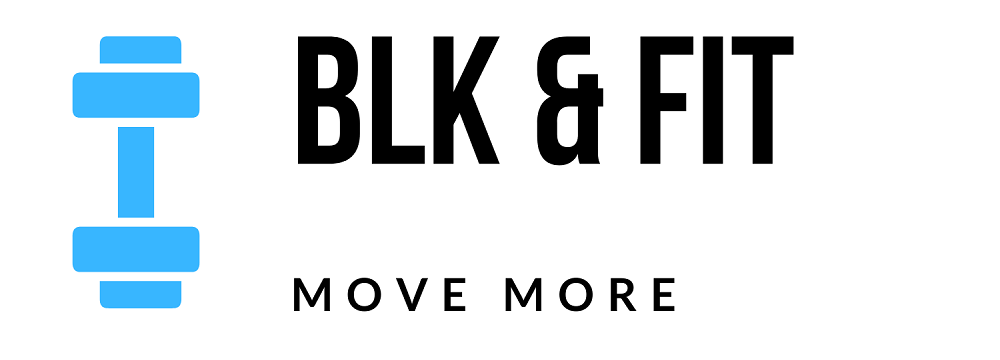Keep This List of Immune-Boosting Foods, Vitamins and Herbs
Our immune system is a remarkable defense mechanism that safeguards our body from harmful invaders like viruses, bacteria, and other pathogens. While it operates tirelessly in the background, sometimes it needs a little extra support to function at its best. This is where immune-boosting vitamins and minerals come into play. These essential nutrients play a crucial role in fortifying our immune system, ensuring it can effectively fend off illnesses. Many of today’s medications use the building blocks of these natural resources.
In today’s article, we will delve into the myriad benefits of immune-boosting vitamins and minerals.
Keep these vitamins, foods and herbs on hand during flu season and beyond.
Vitamins and Minerals
Zinc: Zinc is a vital mineral that plays a multifaceted role in immune function. It helps the body produce and activate T-cells, which are essential for fighting infections. Zinc also assists in the formation of antibodies, the body’s natural defense against pathogens. This mineral can be found in various food sources, including lean meats, nuts, and legumes.
Vitamin C: Vitamin C, also known as ascorbic acid, is perhaps one of the most well-known immune-boosting vitamins. It acts as a powerful antioxidant, protecting immune cells from damage caused by free radicals. Additionally, vitamin C stimulates the production of white blood cells, which are responsible for fighting infections. Incorporating vitamin C-rich foods like citrus fruits, strawberries, and bell peppers into your diet can help keep your immune system strong.
Vitamin D: Vitamin D, often referred to as the “sunshine vitamin,” plays a crucial role in maintaining a healthy immune system. It helps the body produce antimicrobial peptides that can combat invading pathogens. Furthermore, vitamin D modulates the immune response and may reduce the risk of autoimmune diseases. To ensure adequate vitamin D intake, spend some time outdoors in the sun and consume vitamin D-rich foods like fatty fish and fortified dairy products.
Iron: Iron is essential for the proper functioning of immune cells. It helps transport oxygen to cells, allowing them to carry out their immune defense functions effectively. An iron deficiency can impair immune responses, making the body more susceptible to infections. To maintain adequate iron levels, include iron-rich foods like lean meats, beans, and fortified cereals in your diet.
Vitamin E: Vitamin E is another potent antioxidant that can help bolster the immune system. It protects immune cells from oxidative damage and supports their proper functioning. Nuts, seeds, and spinach are excellent sources of vitamin E. Including these foods in your diet can provide your immune system with the protection it needs.
Foods
Citrus fruits (vitamin C, vitamin B6)
Bell peppers (vitamin A, E, B6)
Broccoli (zinc, vitamins A, B6, E)
Garlic (vitamin B and C)
Spinach (vitamin C, B6 and E)
Nuts and seeds (almonds, walnuts, chia, hemp, flaxseeds) zinc, vitamin B6 and E
Kiwi (vitamin C and E)
Herbs
Echinacea
Astragulus root
Ginger
Garlic
Turmeric
Pau d’ arco
Peppermint










